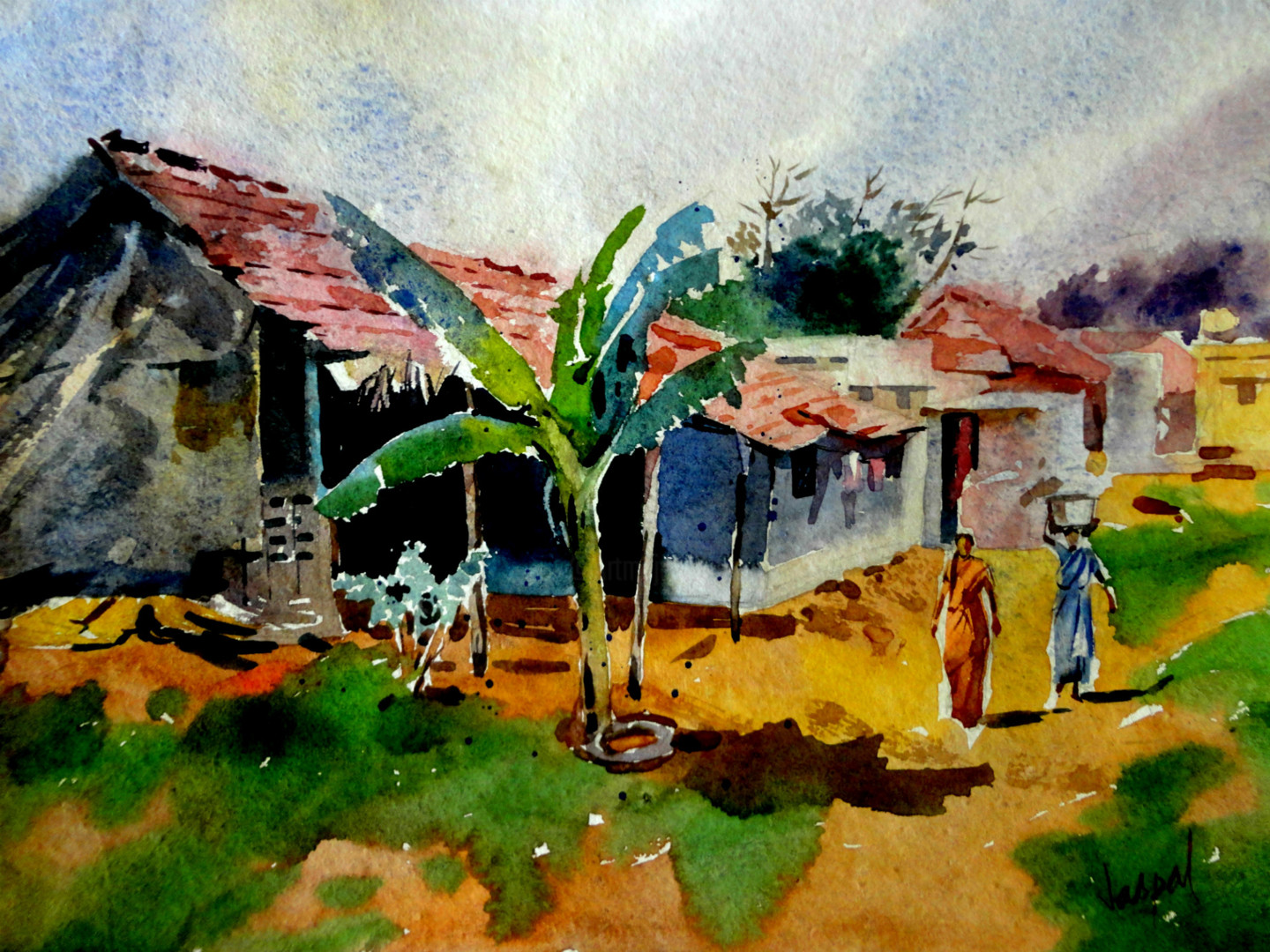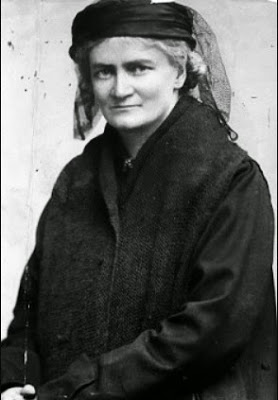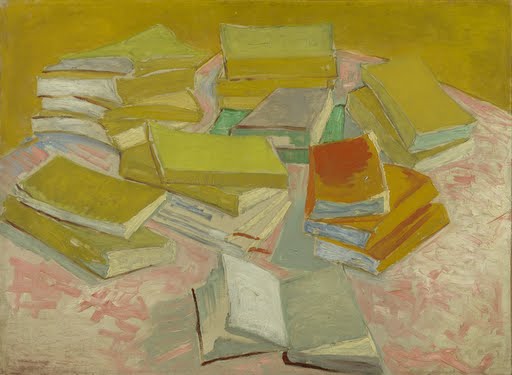
Home
It wasn’t heaven. Or maybe it was.
A heaven with a flaw in it.
Or several flaws. It’s devilish hard
To see what our parents saw in it
Now that potholes mottle the streets
And hypodermics strew
The skyscraper’s shadow like husks of wasps
At the foot of a wasted yew.
Unless our home was always this way,
Charcoal-sketched in mold,
The shingles soft to the roofer’s boot
For years before it sold,
Our innocent parents, their English nascent,
Buying the seller’s story
And trusting all that they were told
About the founding glory.
Unless it is the trick of heaven
To be heavenly and flawed.
The eye test basement water stain
Distills the face of God
Or stays there, set in stone. To see
What is for what it isn’t,
The eye that does the seeing needs
The gift of distanced vision,
Soft focus on the aging diva,
Close but not too close,
The words held far enough away,
No way to parse the prose.
From far enough away, the sky
Out West can mimic dawn,
But burning forests give a glow
To the smoke that says they’re gone.
The Rockies shrink at our approach
To a termite mound, a midden.
Every heaven needs a cloud
To keep the hellhole hidden.
Structural Engineering
A bone can bear more than a solid rod
The way a heart withstands for want of God.
The hollow hides the secret of its make.
The loss inside it means there’s less to break.
∞
No hand, no faith could hold for long without
A thumb to push back from below. No doubt
Five fingers grasp a thing beyond cognition
With four parts yes to one part opposition.
∞
The soles stay arched when the frame stands up.
A body flows along those aqueducts,
Two nooks for nothing ringed by strutting bones.
A body goes where bodies go alone.
∞
A flute, a throat is just a breathing hollow
That watches for its cue and plays its solo.
It’s really to the breath that songs belong,
And a breath is the wind’s and it’s already gone.
Washing the Corpses
They couldn’t touch us while they lived. But when
one died, the temple always called us in.
The Brahmins bathed their God in river water.
My grandmother—the last corpse-washer’s daughter,
the last to soap those bony yogis—strode,
her gangly arms out, right into the road.
The Brahmins, walking God home, stopped in horror.
Their sandalwood procession parted for her.
Once upon a time, the story opened
my eyes at bedtime, when our blood was soapscum
to holy men, those men too pure to touch
till they were dust. We didn’t work for much;
we worked for almonds, or we worked for ash,
our clients far too cleanly to handle cash.
From ash, we made more bars of soap. Our caste
had arts of its own. The vultures that we passed
took wing until we set our buckets down,
a private bodyguard to warn the town
that touched untouchables with bamboo canes.
I’m saying us, but I was born in Queens
where if I stick my hand out, anyone
might grab and shake it. “Once upon
a time,” my father says, “I thought I ought
to start a funeral home. But then I thought,
I came here, all the way here, to be new.
I’ll do whatever goddamn thing I do.”
My grandmother, the last corpse-washer’s daughter,
is telling all her dead about the water,
rubbing her ashen hands along her frame.
Almost bedtime. She greets her dead by name.
The water here, she sighs, so hot, so soft….
When I spread my arms, the soap just burns right off.

